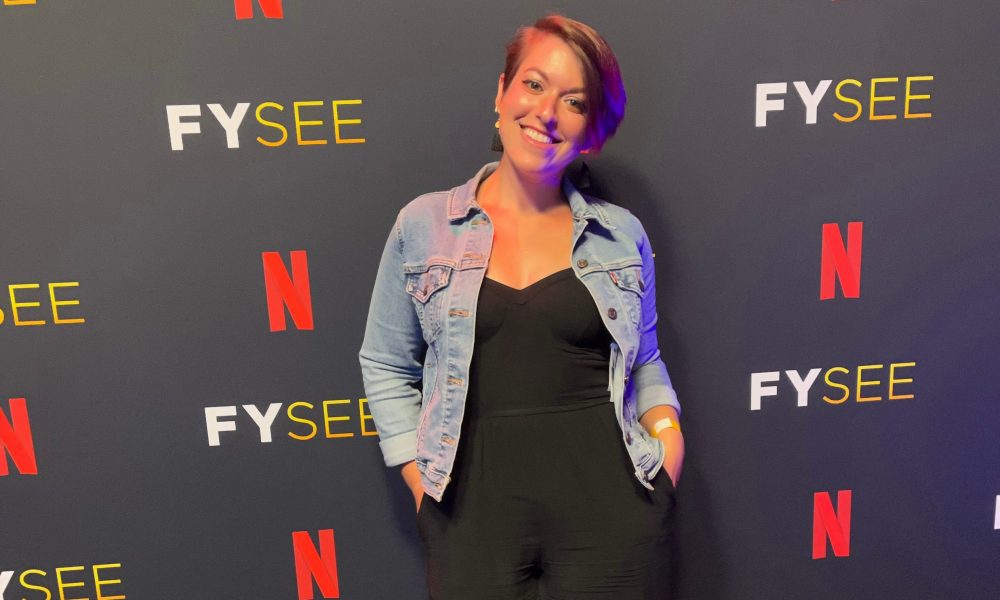

Today we’d like to introduce you to Karyn Krupsaw.
Alright, so thank you so much for sharing your story and insight with our readers. To kick things off, can you tell us a bit about how you got started?
A lot of film composers seem to know that this is what they wanted to do from a very young age. To be honest, I didn’t. As a child, despite knowing I loved music (including film music) and being a musician myself, I didn’t really look at composing as an actual career that someone could do. I always thought I was meant to be an elementary school teacher. I worked towards that goal through college, and only at the end of my degree did I realize that I had been working towards my real passion in music all along as well. I had been playing piano since I was six years old; I started accompanying choirs when I was ten; I sang in choirs in school and became the musical director and primary arranger of my college a cappella choir. I had to make a difficult choice in my senior year of college that made me realize that my true love would always be music, not education. After bouncing around jobs for several years, I realized I needed to follow my dreams earlier than later. I began taking classes at my community college in film, film music, and music technology and soon was commissioned to write the score for a feature documentary being produced by a local organization. I purchased my first MIDI controller as well as Logic Pro X (a digital audio workstation) and taught myself to use both while scoring this first film, and soon added a short horror film to my credits as well. I quit my job a couple months later and moved my life to Los Angeles, where I completed the UCLA Extension Film Scoring Program. Since then, I have scored short films, features, series, and PSAs; I have participated in 48-hour film challenges and scoring workshops; I have worked for a music preparation service; I have assisted other composers, written additional music, and co-composed scores. I also have continued my education so that I can continue to learn and grow as a musician, composer, creative, and collaborator. This hasn’t been an easy journey, especially after realizing comparatively late what I really wanted to do with my life. With enough passion, however, I have made it to this point in my career and have no intention of turning back or slowing down. I love what I do!
Can you talk to us a bit about the challenges and lessons you’ve learned along the way? Looking back, would you say it’s been easy or smooth in retrospect?
I believe the road to following one’s passion in life is rarely a smooth one. There are a lot of struggles in the film scoring business, like dealing with technical problems, “catching up” to my peers with composition degrees, tight deadlines, or the multitude of rejections, but I think the real struggle is an internal one. All the struggles I’ve mentioned, and any number of others, lead to the biggest struggle of all – convincing yourself not to give up.
The entertainment business is demanding, exhausting, and incredibly competitive. In the film scoring part of this world, there is an oversaturation of composers all vying for the same jobs. When you audition for one gig, there could be a hundred other composers (if not more) also sending in their reels. New composers are bound to experience more rejections than booked jobs. When you do book a film, what comes next is “composer’s block,” feeling like you can’t come up with a good theme or not knowing how to orchestrate what’s in your head. Or maybe your DAW picks that moment to have a confusing and project-wrecking error that you can’t figure out how to fix. Then, with the deadline looming, you have to start all over. And if you don’t book the job, you’re left with the feeling of not being good enough. For me, starting on this journey post-college, I also have the feeling that maybe the rejections are because I’m lacking the right skills, don’t have the right degree, have less experience, or just don’t know how to do this as well as my peers.
Over time, all of this can lead to the overwhelming sense that it just isn’t worth it anymore. I would find it hard to believe that any composer in this industry hasn’t felt at least once that they would be better off finding more stable employment, where you don’t have to hear nearly every day that you’re not the right fit for a job. The toughest struggle is overcoming that feeling and letting the love for the work and passion for the music be stronger than any negatives you might face. I remind myself that if I’m not hired for a gig, it wasn’t right for my music. If I have a technical error, it’s an opportunity to learn and make sure it doesn’t happen again. When I feel like I’m not as good as my degreed peers, I remind myself that no composer is “better” or “worse” than any other – we’re all just different, and our unique journeys lead us to different places with different musical voices. I will never be able to write the music my peers write, but they will never be able to write like me, and that is why there will always be a gig for me in the future. I remind myself that I do this for love and passion, and I let that drive me through every struggle.
Alright, so let’s switch gears a bit and talk business. What should we know about your work?
My immediate reaction to this question is to say that I’m a film composer, but I do a lot more than that. I compose music for film, yes, but I also orchestrate, arrange, notate, and prepare scores and parts for live recording sessions and conduct and act as booth reader at sessions for other composers. In the past few years that I’ve been in LA working towards a career in film composing, I’ve realized that I enjoy other parts of the process as well. What people don’t always know is that making music for film usually isn’t a one-person job. Nearly every score is the result of a team of incredibly talented people working together to make it happen. I’ve done all the work myself on smaller scores for short films but have also been part of those teams doing various jobs to support the main composer and bring the score to fruition. I have discovered that every part of score creation is fulfilling and exciting for me. I love seeing the result of everyone’s efforts and I also enjoy being a part of a team. It’s a shared experience that everyone can be proud of. Being a part of a team putting together a score also allows me to grow as a composer by learning from the people around me. The talents of others in this industry never cease to amaze me.
As a composer, I enjoy writing music for chamber orchestra more than bombastic full orchestral pieces (though I’ll definitely write something huge if you ask me to!). I find myself drawn towards the emotional intimacy that a smaller group of musicians can bring to a film, and I feel more definition can be given to each of the individual instrument parts that could be covered up in a larger orchestra. I also enjoy bringing focus to instruments that don’t always get the spotlight, like giving a solo line to the viola instead of the violin or creating interesting textures in the woodwind section. I feel that the techniques I use and distinct choices I make in each of my scores are part of my unique voice as a composer, and they make my scores stand out from the crowd. Many new composers are asked early in their careers to sound like another composer for a particular score, and it is one way to get hired. I feel, however, that it is important to develop and maintain one’s own voice and musical character. I want to be hired because I have the “Karyn Krupsaw sound,” not because I can mimic someone else.
Are there any important lessons you’ve learned that you can share with us?
The most important lesson I’ve learned is to never stop learning. When I started on my journey to becoming a film composer, I knew nearly nothing about the industry or even how to do the work. I started my learning process by seeking out the courses that were available to me at my community college; then, I taught myself how to use my first pieces of scoring technology (my DAW and MIDI keyboard). Still feeling this wasn’t enough, I went to the UCLA Extension Film Scoring Certificate Program, then did the Palomar Film Music Workshop, and later took a course through Berklee Online to fill what I felt was a gap in my skillset. I take every opportunity to work with and for other composers because I feel that other composers have unique perspectives to bring to the industry and to music, and I can grow as a composer just by being on their team. I have worked as an intern while also scoring films and working for other composers just to improve my skills across the board. Every new experience is a learning opportunity, and every opportunity I have taken has taught me something about the industry, music, my own skills, and even about myself as a person. In this career, it is impossible to know everything, so I know that as long as I am learning, I am moving forward.
Contact Info:
- Website: https://www.karynkrupsaw.com/
- Instagram: https://www.instagram.com/karynkrupsawmusic/
- Linkedin: https://www.linkedin.com/in/karyn-krupsaw-0883169b
- Youtube: https://www.youtube.com/@karynkrupsaw4711
- SoundCloud: https://soundcloud.com/karynkrupsaw
- Other: https://play.reelcrafter.com/KarynKrupsaw/2023
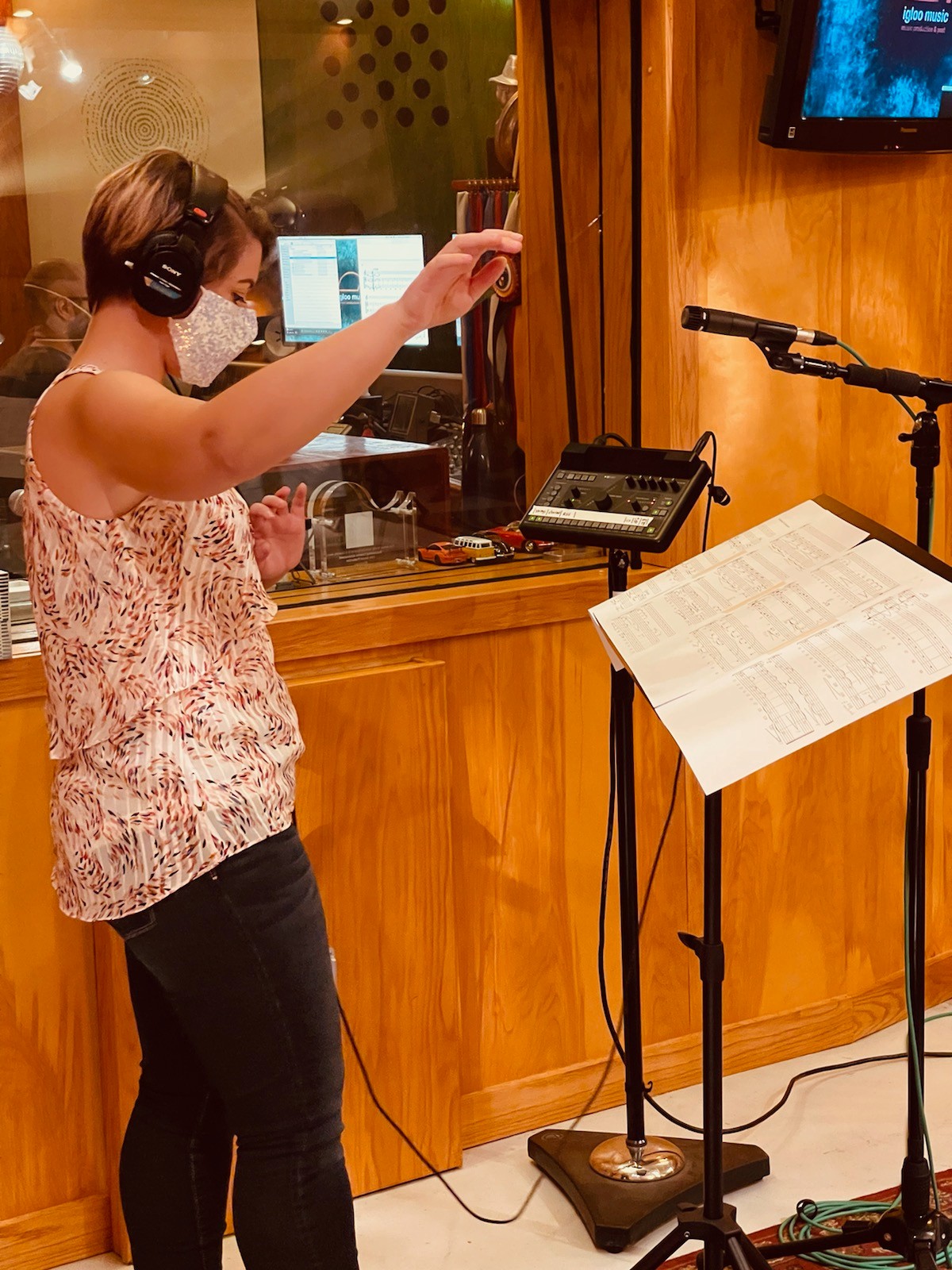
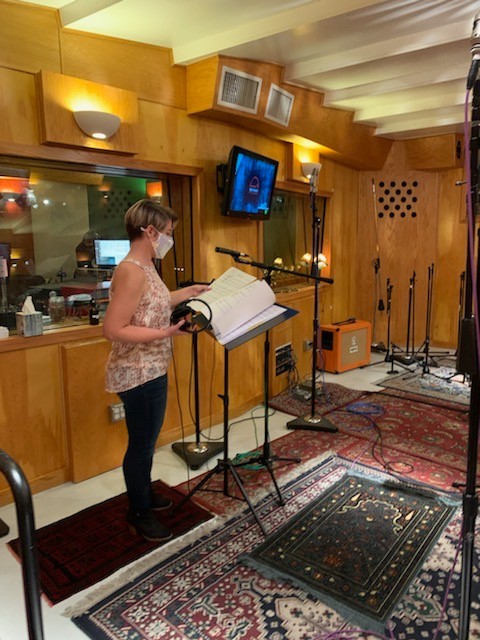
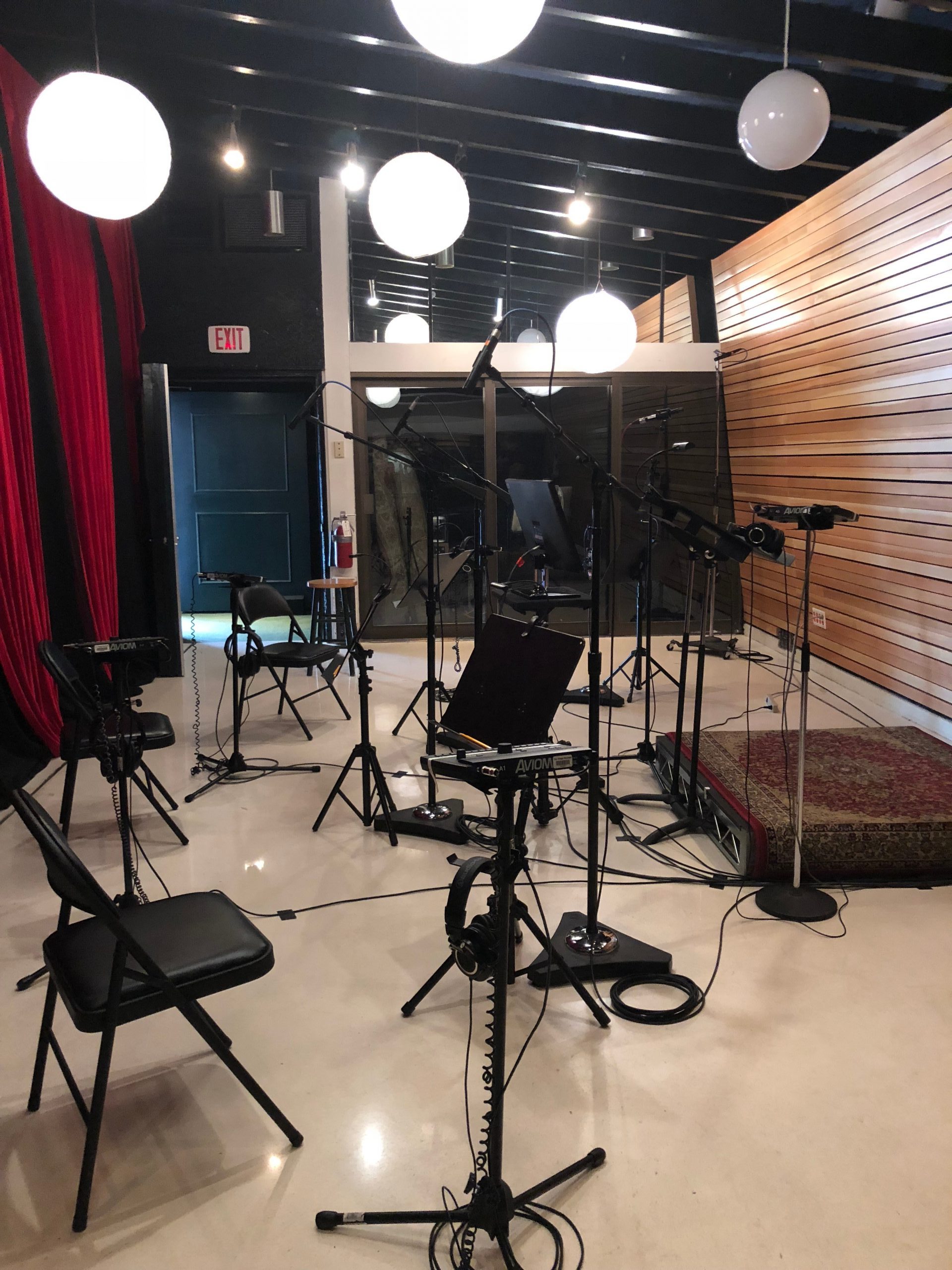
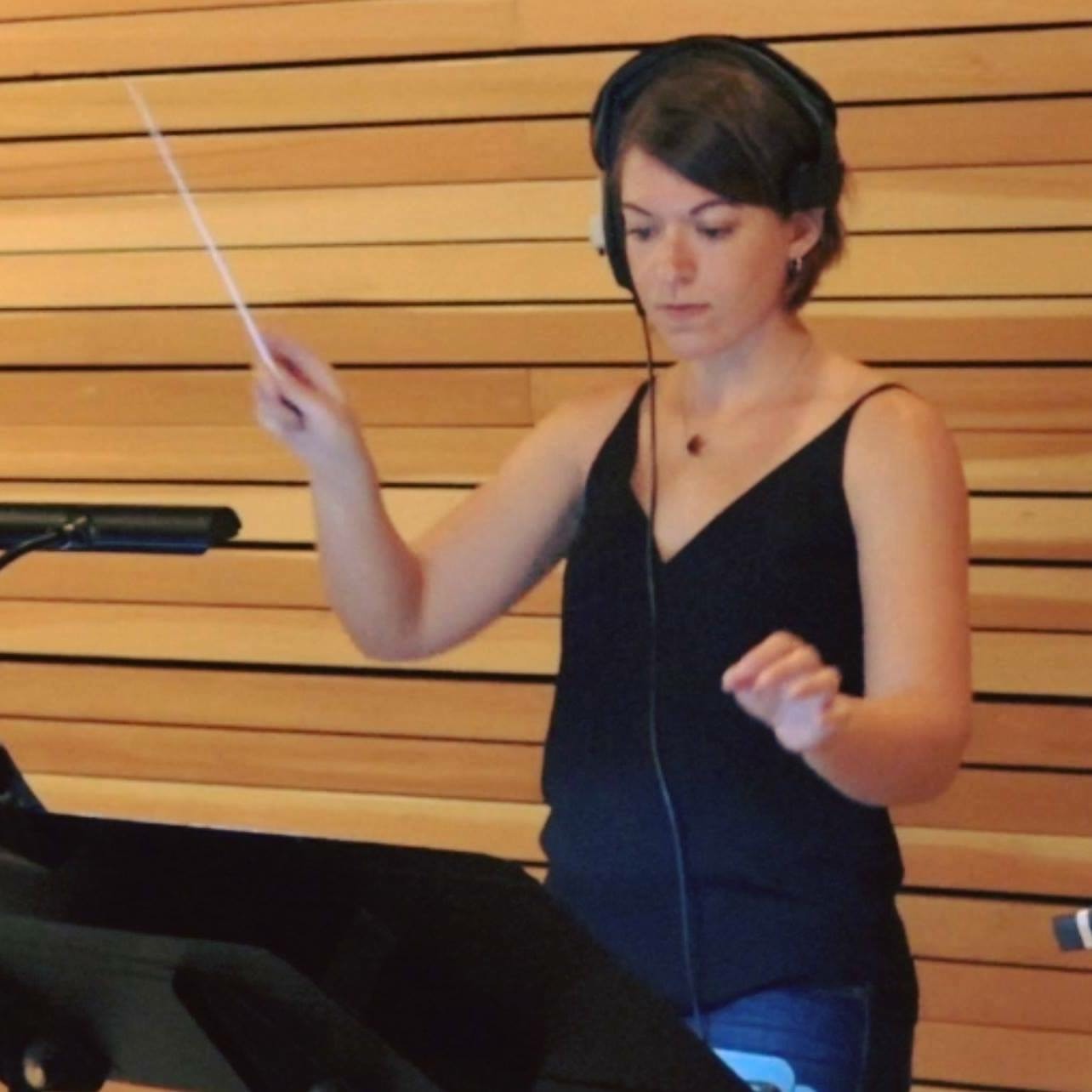
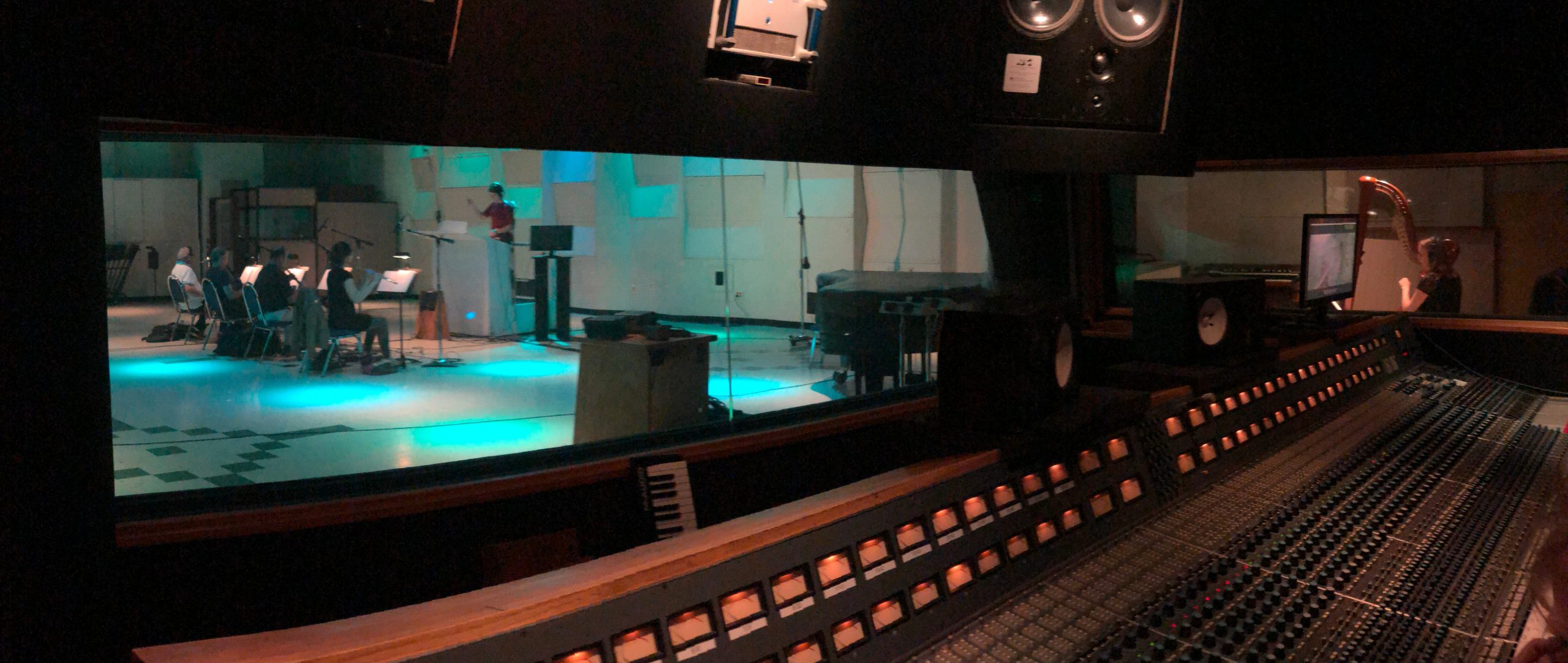
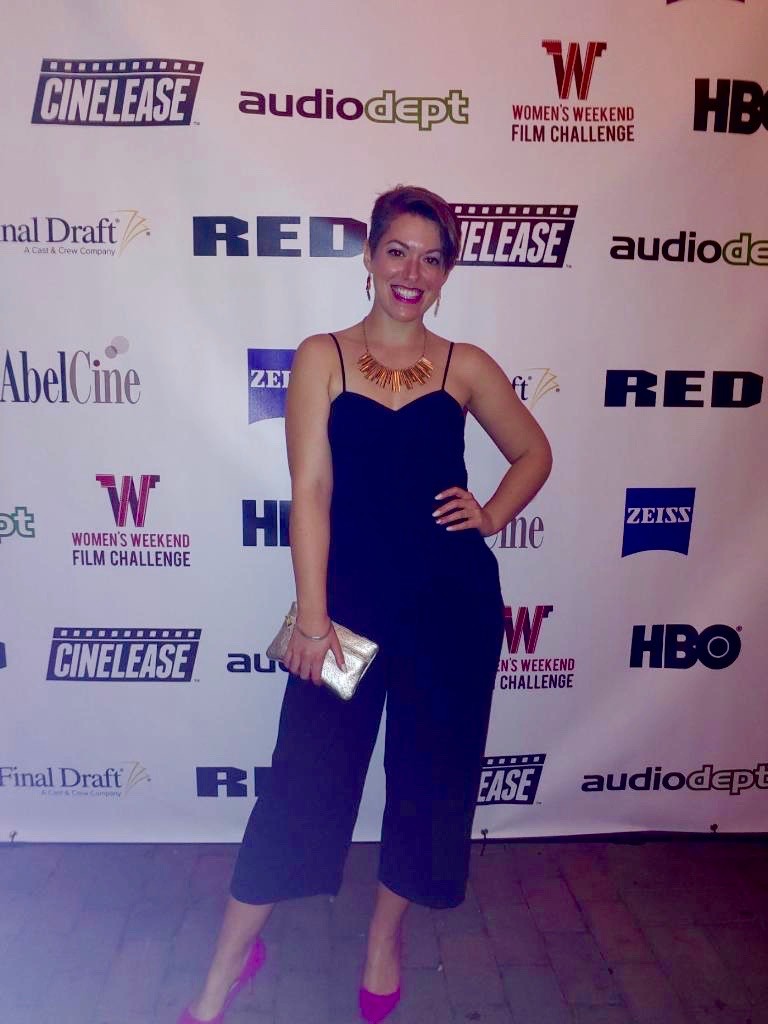
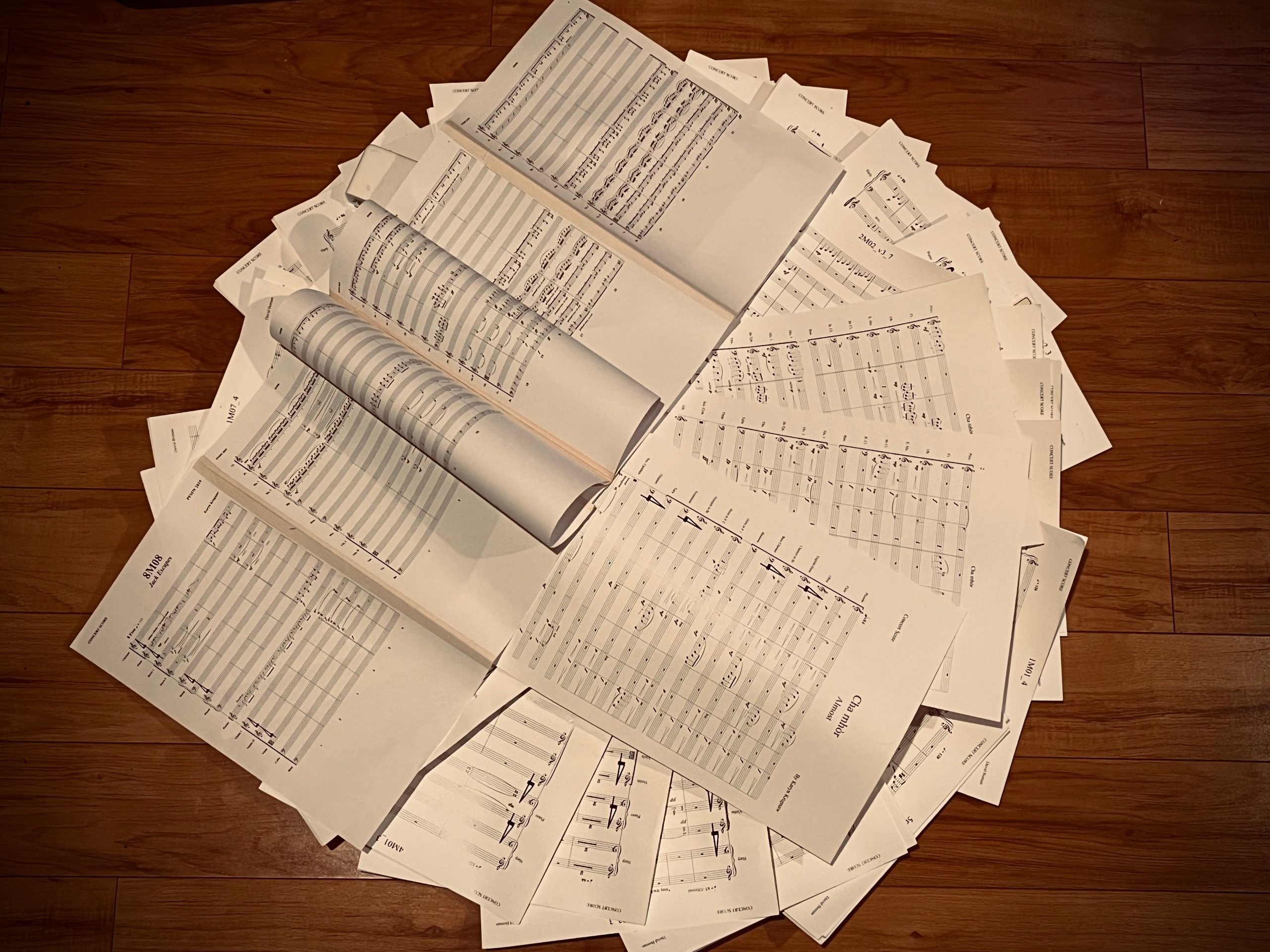

Image Credits
Kristina James
Sarah Krasnianski
Jane Azzinaro














